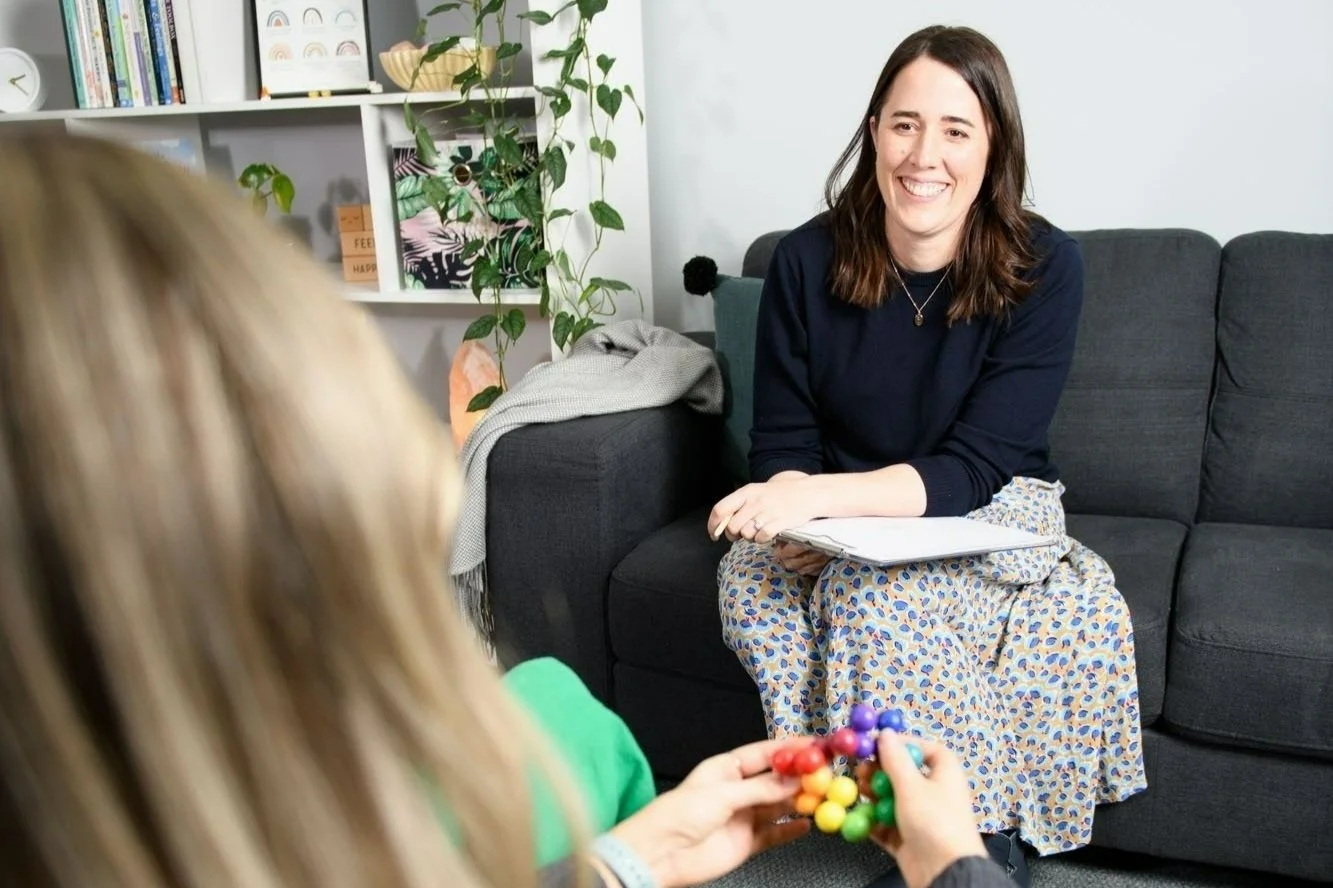Early Career Resources
Information Sheets
Books & Therapy Tools
Cognitive Behaviour Therapy: Basics and Beyond by Judith Beck is a foundational guide that helps provisional psychologists master CBT techniques, structure sessions, and create effective treatment plans with practical tools and case examples.
Think Good, Feel Good by Paul Stallard helps provisional psychologists adapt CBT for children and young people with its clear framework and printable workbook activities.” You can download a PDF version of the workbook here.
The Oxford Guide to Behavioural Experiments in CBT is an excellent resource for provisional psychologists, offering detailed guidance on using behavioural experiments to test and challenge clients' beliefs. It provides clear, step-by-step instructions and examples, helping provisional psychologists design and implement effective experiments.
Mind Over Mood by Christine Padesky is an excellent resource for provisional psychologists, as it provides a clear, structured approach to CBT with practical worksheets and exercises. It simplifies complex concepts, making it easier for provisional psychologists to explain and guide clients through cognitive restructuring. The book also offers tools that can be used in sessions and as between-session tasks, helping provisional psychologists reinforce skills and manage clients’ progress.
A provisional psychologist might benefit from Thoughts and Feelings by Matthew McKay as it offers clear, step-by-step guidance on implementing CBT techniques, helping them build confidence and structure in their therapeutic approach with clients.
The Relaxation and Stress Reduction Workbook by Martha Davis can benefit provisional psychologists by providing practical, easy-to-follow techniques for managing stress and promoting relaxation, which they can use to support clients in building coping strategies and improving emotional regulation.
ACT Made Simple by Russ Harris is a user-friendly guide that breaks down ACT concepts into straightforward language. Provisional psychologists may find it particularly useful because it simplifies the delivery of ACT through clear metaphors, exercises, and practical tools, making it easier to integrate into clinical practice.
The Whole-Brain Child by Daniel Siegel is a valuable resource for working with children and families. It offers simple, neuroscience-based strategies to help children integrate emotions and behaviour, which can be easily explained to parents and applied in therapy sessions.
Beyond Behaviours by Mona Delahooke offers a trauma-informed, neurodevelopmental approach to understanding and supporting challenging behaviours in children. It provides practical strategies for supporting emotional regulation and fostering connection, making it ideal for those seeking a holistic, empathetic approach to therapy.
Creative Ways to Help Children Manage Big Feelings by Dr Fiona Zandt & Dr Suzanne Barrett offers creative, hands-on activities and techniques to help children understand and manage their emotions. This book is particularly useful for clinicians seeking engaging ways to teach emotional regulation and provide clients with tools to cope with overwhelming feelings in a fun, accessible way. The authors also have a second book entitled Creative Ways to Help Children Manage Anxiety.
The Essentials of WISC-V Assessment and Essentials of WAIS-IV Assessment are great resources for provisional and early career psychologists conducting intelligence assessments. These books provide clear, practical guidance on administering, scoring, and interpreting the WISC-V and WAIS-IV. They also offer tips for communicating results effectively, making them invaluable for ensuring accurate and reliable cognitive assessments in both children and adults.
Helping Autistic Teens Manage Their Anxiety by Dr. Theresa Kidd offers practical strategies for managing anxiety in autistic adolescents, including CBT, ACT, and DBT techniques. It provides tailored approaches for challenges like demand avoidance (PDA) and school avoidance, making it a valuable resource for provisional psychologists working with this demographic. The book is strengths-based and accessible, offering practical tools for both clinicians and parents.
The Fair Play Deck is a practical tool to help clients address and balance responsibilities in relationships. It encourages fair decision-making and improves communication, making it useful for fostering healthier dynamics and collaborative problem-solving.
The Spoon Thieves and Spoon Savers card decks are valuable tools for working with Autistic and ADHDer clients. Based on Spoon Theory, Spoon Thieves helps identify activities and situations that drain energy, fostering better self-awareness and communication about triggers and support needs. Spoon Savers complements this by highlighting strategies and accommodations that replenish energy and build resilience. Together, these resources offer a practical, neurodivergent-affirming way to explore energy management, support informed interventions, and improve understanding within families, schools, and therapy settings.

